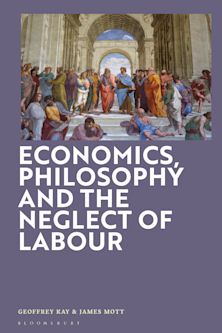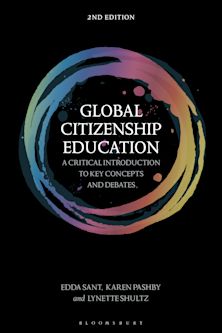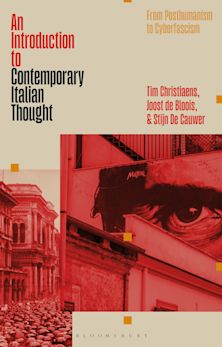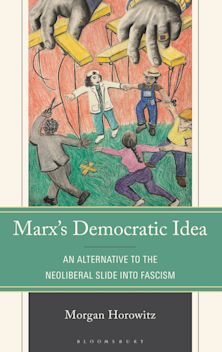Civil Peace and the Quest for Truth
The First Amendment Freedoms in Political Philosophy and American Constitutionalism
Civil Peace and the Quest for Truth
The First Amendment Freedoms in Political Philosophy and American Constitutionalism
Description
The freedoms of speech and religion assumed a sacrosanct space in American notions of civil liberty. But it was not until the twentieth century that these freedoms became prominent in American constitutional law; originally, the first ten amendments applied only to the federal government and not to the states. Murray Dry traces the trajectory of freedom of speech and religion to the center of contemporary debates as few scholars have done, by looking back to the American founding and to the classical texts in political philosophy that shaped the founders' understanding of republican government. By comparing the colonial charters with the new state constitutions and studying the development of the federal Constitution, Dry demonstrates the shift from governmental concern for the salvation of souls to the more limited aim of the securing of rights. For a uniquely rich and nuanced appreciation of this shift Dry explores the political philosophy of Locke, Spinoza, Montesquieu, and Mill, among others, whose writings helped shaped the Supreme Court's view of religion as separate from philosophy, as a matter of individual faith and not a community practice. Delving into the polyvalent interpretations of such fundamental concepts as truth,faith, and freedom,Civil Peace and the Quest for Truth immeasurably advances the study of American constitutional law and our First Amendment rights.
Table of Contents
2 Chapter 1: The American Founding and the Puritan Origins
3 Chapter 2: Religious Freedom and Freedom of Speech in the State Constitutions of the Confederation Period
4 Chapter 3: The Federal Constitution and the Bill of Rights
5 Chapter 4: The Postfounding Debate on Freedom of Speech: The Sedition Act, the Kentucky and Virginia Resolutions, and the Virginia
6 Part Two: The First Amendment Freedoms in Political Philosophy
7 Chapter 5: Ancient Political Philosophy: Plato, Aristotle, Thucydides
8 Chapter 6: Seventeenth Century Political Philosophy: Bacon, Hobbes, Milton, Locke, and Spinoza
9 Chapter 7: Montesquieu's Constitution of Liberty: The Spirit of the Laws
10 Chapter 8: John Stuart Mill's On Liberty
11 Part Three: The Supreme Court's Treatment of Freedom of Speech and Religious Freedom
12 Section A: Freedom of Speech
13 Chapter 9: Seditious Libel and Fifty Years of "Clear and Present Danger": From Schenck to Brandenburg
14 Chapter 10: The Preferred Position Doctrine and the Categorical Approach to Freedom of Speech: Libel
15 Chapter 11: The Increased Protection for "Fighting Words" and other "Offensive Speech," Obscenity, Pornography, and Commercial Speech
16 Chapter 12: Money and Speech and the Public Forum (or Time, Place and Manner) Doctrine
17 Section B
18 Chapter 13: Free Exercise Clause
19 Chapter 14: The Establishment Clause I
20 Chapter 15: The Establishment Clause II
Product details
| Published | Nov 17 2004 |
|---|---|
| Format | Ebook (PDF) |
| Edition | 1st |
| Extent | 320 |
| ISBN | 9798216204398 |
| Imprint | Lexington Books |
| Series | Applications of Political Theory |
| Publisher | Bloomsbury Publishing |



































